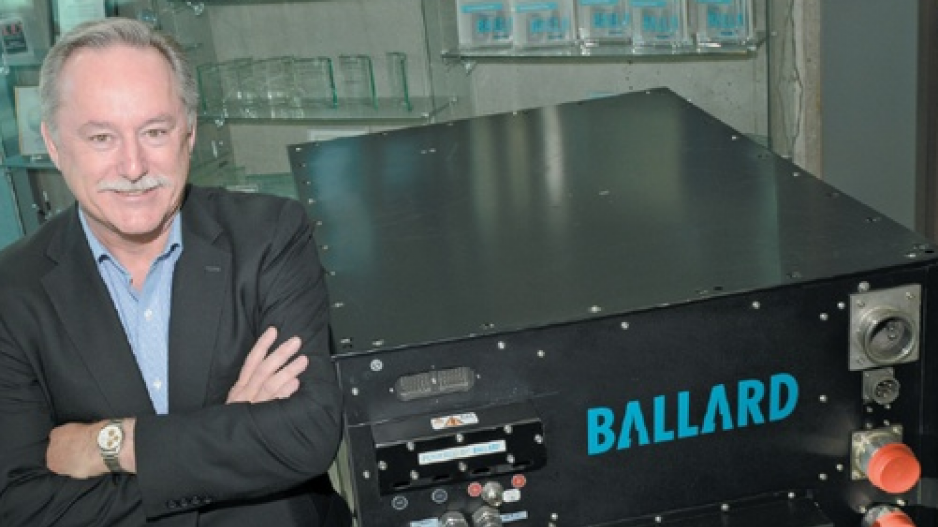If BC Transit wants to unload 20 used hydrogen fuel cell buses, it could always post an ad on Craigslist in Europe, where transit authorities and municipal governments are planning to buy hundreds of hydrogen fuel cell buses over the next few years.
BC Transit is taking bids on its fleet of 20 experimental hydrogen fuel cell buses built by Burnaby’s Ballard Power Systems (TSX:BLD) and plans to go back to burning diesel.
Although the buses have prevented more 5,000 tonnes of carbon dioxide from going into the atmosphere (hydrogen fuel cells produce no emissions), the transit authority has deemed them too expensive to continue to operate.One of the problems has been getting fuel.
BC Transit has had to truck hydrogen across the country from Quebec. As Business in Vancouver reported last year , Air Liquide had planned to build a new hydrogen plant in North Vancouver, in connection with two existing chemical plants there. That would have provided a local hydrogen supply.
But Ballard COO Paul Cass said the company would have needed an ongoing funding commitment from the provincial government and BC Transit to keep the buses on the road to make the plant viable – something they weren’t prepared to do.
“Air Liquide was very engaged and very willing to step up and fund a big, big portion of that development, but they needed the bus fleet to create the demand to actually justify doing it,” Cass said.
BC Transit paid $89 million for the buses, which ran as a five-year demonstration project in Whistler. They were launched in time for the 2010 Winter Olympics as a showcase for B.C. technology. And from that perspective, the project was a success, Cass said, as Ballard has received orders for its bus fuel cell modules in Asia, Europe and the U.S.
To date, he said Ballard has sold close to 100 of the bus modules, although many of those were sold before the Whistler fleet was launched.
“How has that fleet helped deployment of buses around the world? It’s helped a lot,” Cass said.
There is currently a surging demand in Europe for hydrogen fuel cell buses. Just last month, five European bus manufacturers signed an agreement that calls for 500 to 1,000 hydrogen fuel cell buses to be rolled out across Europe between 2017 and 2020. Ballard already has a partnership with at least one of those manufacturers, Van Hool NV.
As for the Whistler bus fleet, it’s not known how much BC Transit hopes to get for the high-tech buses. BC Transit did not respond to BIV’s request for an interview.




